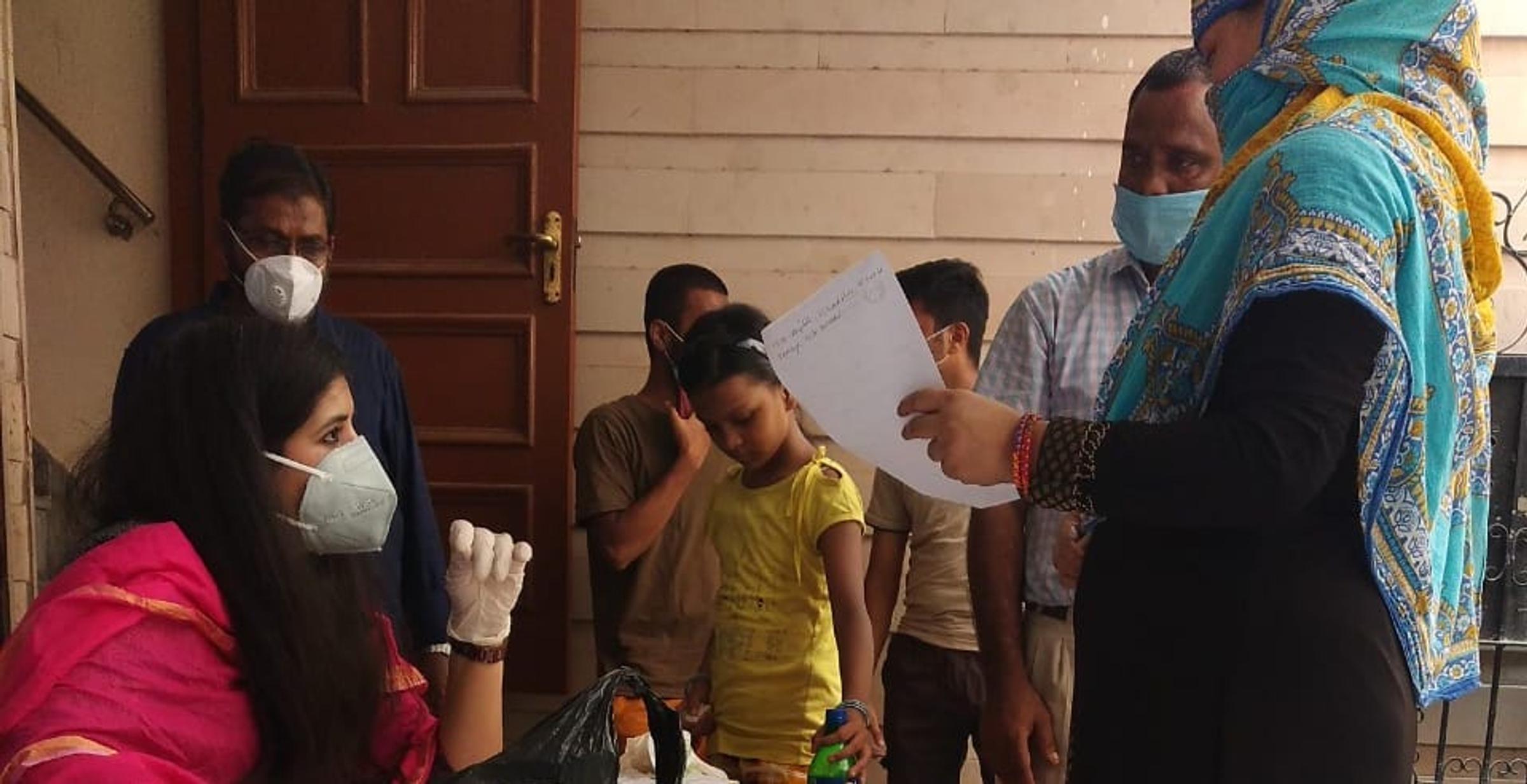Journal watch
How views of oncologists and haematologists impact palliative care referral

Journal watch
How views of oncologists and haematologists impact palliative care referral
This systematic review of 23 studies was recently published in BMC Palliative Care. Naveen Salins and colleagues have made an important contribution to our understanding of a critical referral source for patients to access palliative care.
The authors examined how oncologists and haematologists have ‘discretionary authority to make treatment decisions for their patients and act as gatekeepers’ for palliative care referral. Five themes emerged in their analysis of the available studies:
Presupposition about referral
Palliative care referral has the potential to be viewed as letting the patient down, abandoning them and conveying a loss of hope, as some referrers feel that their duty is to cure their patient.
Power relationships and trust issues
Oncologists and haematologists like to control and coordinate care, and so referral can be perceived as a loss of control and even an interference in the care of the patient, such that there was a preference to wait until the end of cancer treatment before making the referral.
Making the referral is a daunting task
For some referrers there remains the stigma that there is still a negative association of palliative care with death. Families may equate end of life discussions with abandonment, such that there was a reluctance on their part to discuss referral.
Cost benefit of referral
Notwithstanding the above, oncologists and haematologists understood that there are well recognised benefits, particularly in terms of pain / symptom management and psychosocial support. Other direct benefits included the support to resolve family conflicts and thus save the time of the oncologists.
Strategies to facilitate referral
On a positive note, oncologists and haematologists made suggestions as to how to facilitate referral: an integrated model of co-management, embedding palliative care in oncology clinics and even changing the name from palliative care to supportive care.
Please see below for the full article: